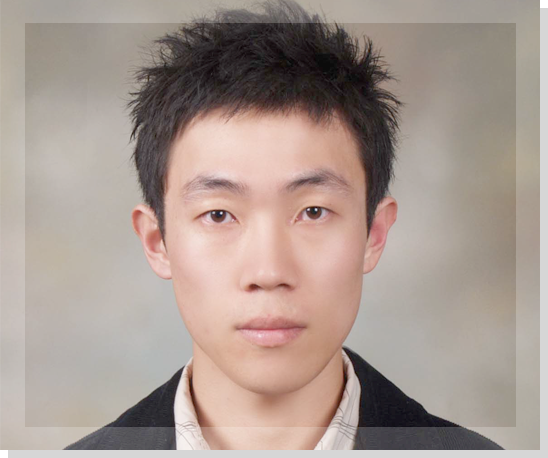Core Faculty Members

Assistant Professor Jun-Hee Lee Core Faculty
Institute of Tissue Regeneration Enginnering (ITREN)
Jun Hee Lee received his Ph.D from Pusan National University in 2015.
Following his graduation, he was a Postdoctoral Fellow at Pusan National University in 2015-2016, Johns Hopkins University School of Medicine in 2016, University of Alabama at Birmingham School of Medicine in 2016-2019, and Soonchunhyang University College of Medicine in 2019-2020.
He was appointed as an assistant professor in the College of Natural Science at Dankook University in 2020.
Major
- He is interested in stem cell-based therapy in ischemic diseases and cancer stem cell biology.
Degree
- Bachelor Degree: From Pukyong National University (2000.3-2006.8)
- Masters Degree: From Pukyong National University (2006.9-2009.2)
- Ph.D: From Pusan National University (2011.3-2015.2)
Career
- (2020-Current) – Assistant Professor, College of Natural Science in Dankook University
- (2019-2020) – Postdoctoral Fellow, Soonchunhyang University College of Medicine
- (2016-2019) – Postdoctoral Fellow, University of Alabama at Birmingham School of Medicine
- (2016-2016) – Postdoctoral Fellow, Johns Hopkins University School of Medicine
- (2015-2016) – Postdoctoral Fellow, Pusan National University School of Medicine
Selected Papers
- [11] Melatonin suppresses senescence-derived mitochondrial dysfunction in mesenchymal stem cells via the HSPA1L-mitophagy pathway. Aging Cell (2020).
- [10] Melatonin protects mesenchymal stem cells from autophagy-mediated death under ischaemic ER-stress conditions by increasing prion protein expression. Cell Proliferation (2019).
- [9] Melatonin and 5-fluorouracil co-suppress colon cancer stem cells by regulating cellular prion protein-Oct4 axis. Journal of Pineal Research (2018).
- [8] Role of HSPA1L as a Cellular Prion Protein Stabilizer in Tumor Progression via HIF-1α/GP78 axis. Oncogene (2017).
- [7] Tissue Engineered Bio-Blood-Vessels Constructed using a Tissue-Specific Bioink and 3D Coaxial Cell Printing Technique: A Novel Therapy for Ischemic Disease. Advanced Functional Materials (2017).
- [6] Potentiation of biological effects of mesenchymal stem cells in ischemic conditions by melatonin via upregulation of cellular prion protein expression. Journal of Pineal Research (2017).
- [5] Hypoxia-induced of cellular prion protein improves the therapeutic potential of mesenchymal stem cells. Cell Death & Disease (2016).
- [4] Fucoidan Improves Bioactivity and Vasculogenic Potential of Mesenchymal Stem Cells in Murine Hind limb Ischemia associated with Chronic Kidney Disease. Journal of Molecular and Cellular Cardiology (2016).
- [3] The sulfated polysaccharide fucoidan rescues senescence of endothelial colony-forming cells for ischemic repair. Stem Cells (2015).
- [2] Tauroursodeoxycholic acid, a bile acid, promotes blood vessel repair by recruiting vasculogenic progenitor cells. Stem Cells (2015).
- [1] CD34 hybrid cells promote endothelial colony-forming cell bioactivity and therapeutic potential for ischemic diseases. Arteriosclerosis Thrombosis and Vascular Biology (2013).





